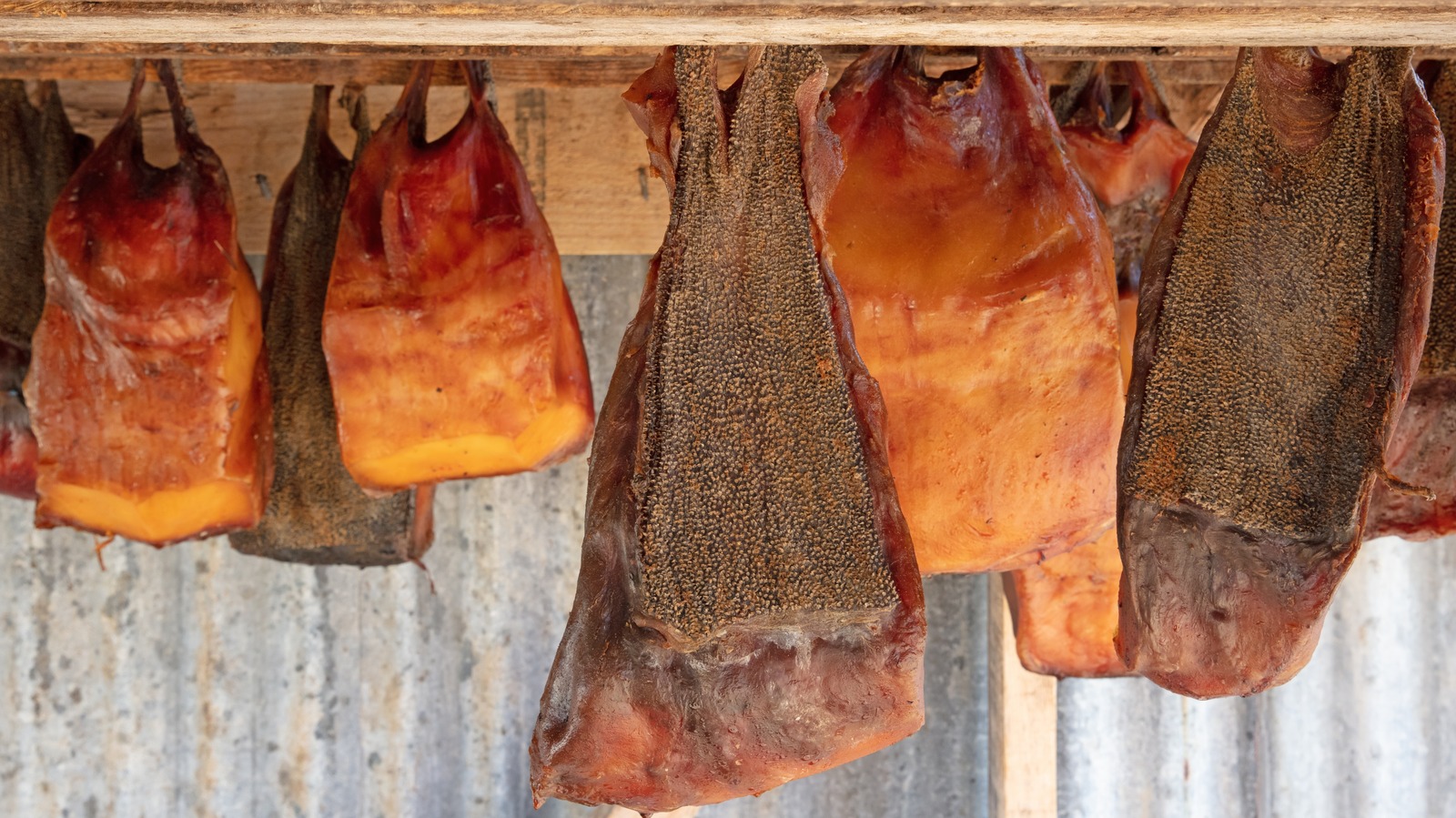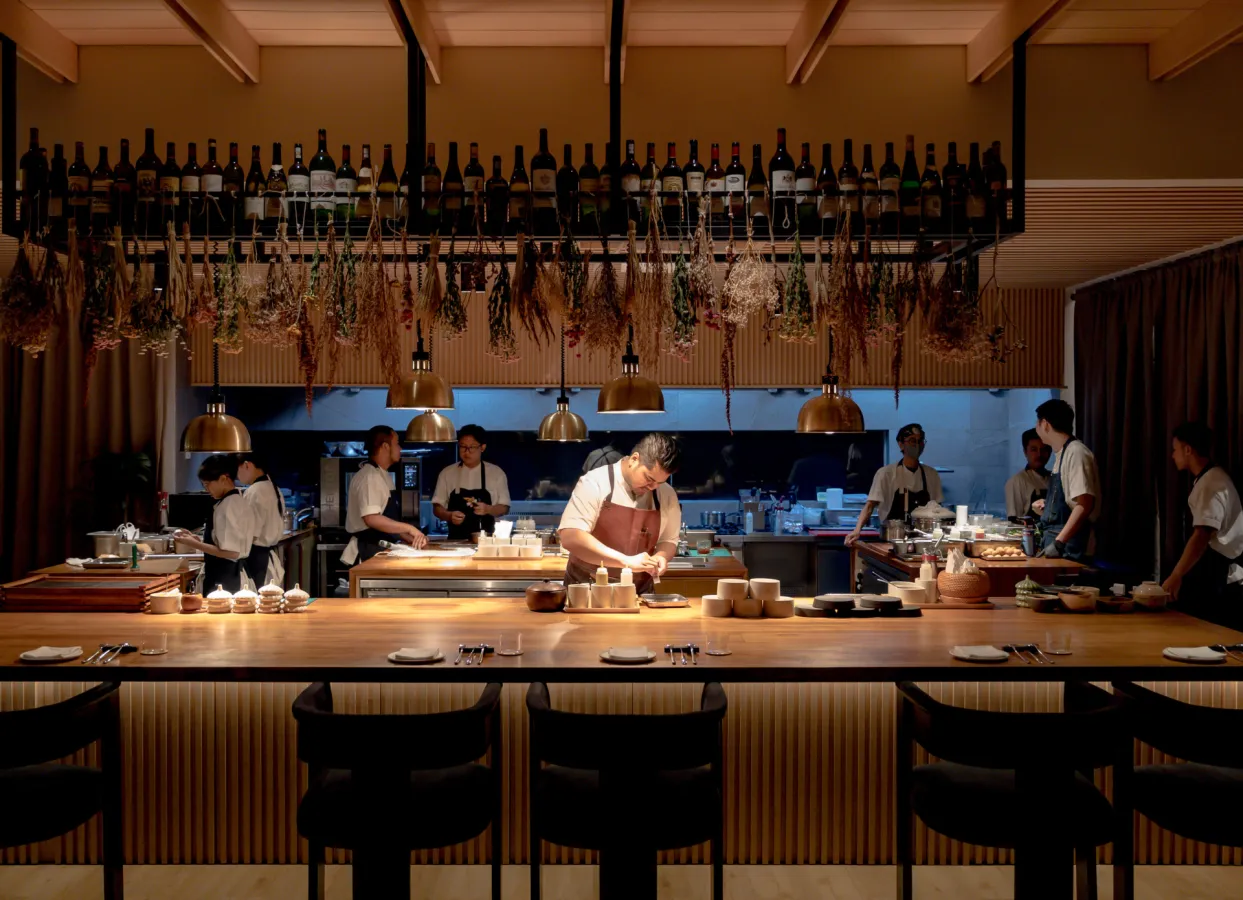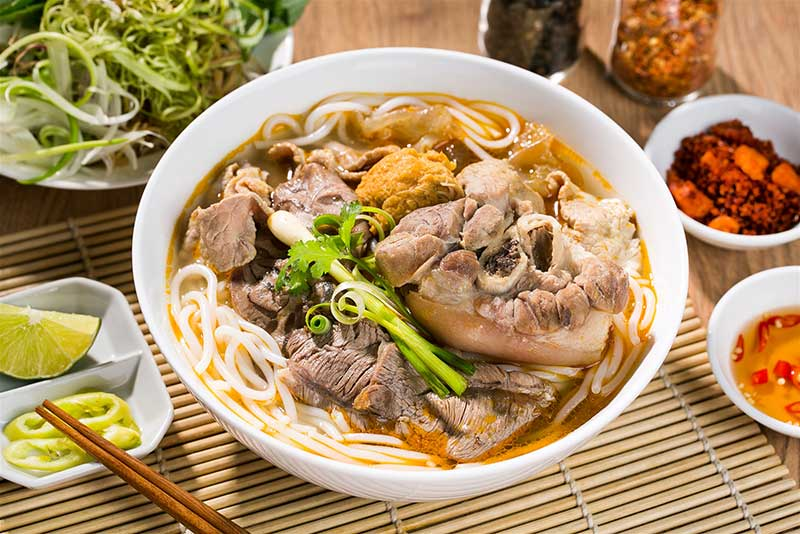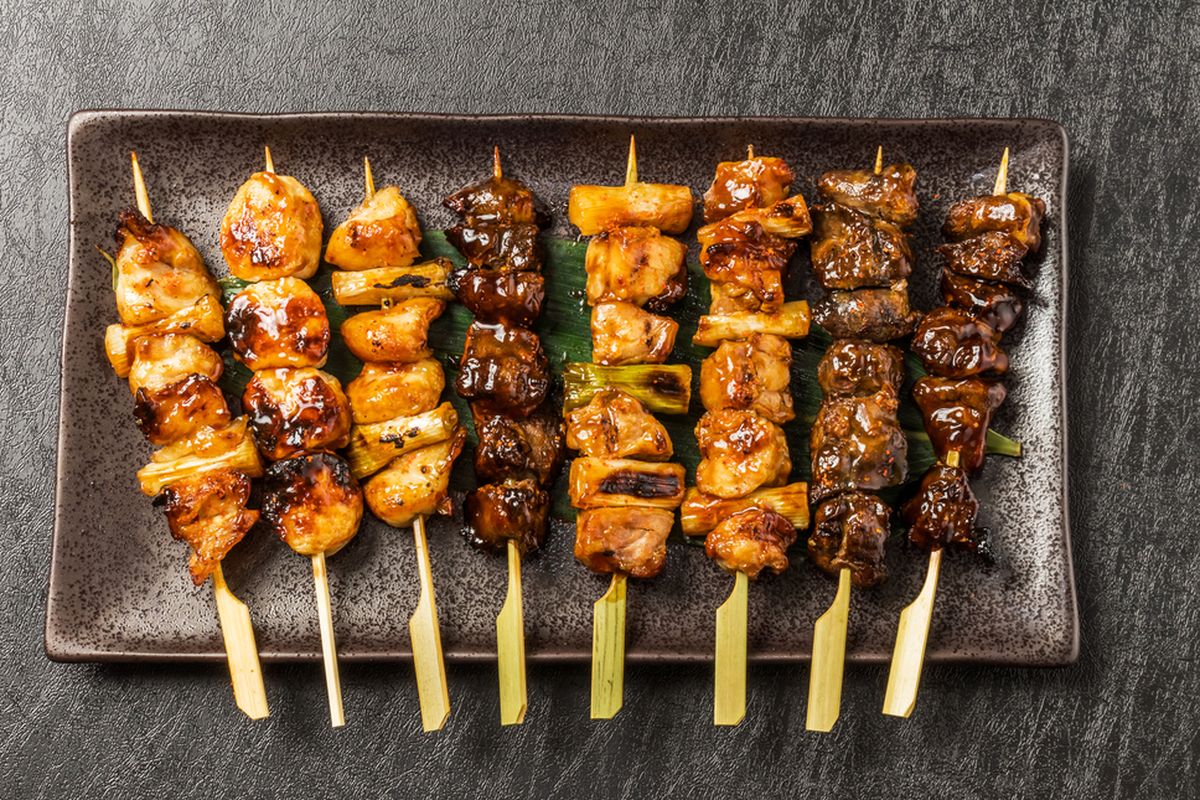In the rugged landscapes of Iceland, a unique culinary tradition has persisted for centuries: the consumption of hákarl, or fermented shark. This dish originates from the Greenland shark, whose flesh is toxic when fresh due to high levels of urea and trimethylamine oxide. To render it safe, the meat undergoes a meticulous fermentation process—buried underground for several weeks, then hung to dry for several months. The result is a pungent, ammonia-rich delicacy that challenges even the most adventurous palates.
Hákarl holds a significant place in Icelandic culture, often associated with the midwinter festival Þorrablót, where traditional foods are celebrated. Despite its strong odor and acquired taste, it symbolizes resilience and the ability to utilize available resources in a harsh environment. For locals, it’s more than just food; it’s a testament to their heritage and survival instincts.
For travelers seeking authentic experiences, sampling hákarl offers a glimpse into Iceland’s rich history and culinary practices. While it may not become a favorite dish, the act of trying it connects visitors to the island’s traditions and the stories of its people. As culinary tourism grows, such unique experiences highlight the importance of preserving and understanding local food customs.




